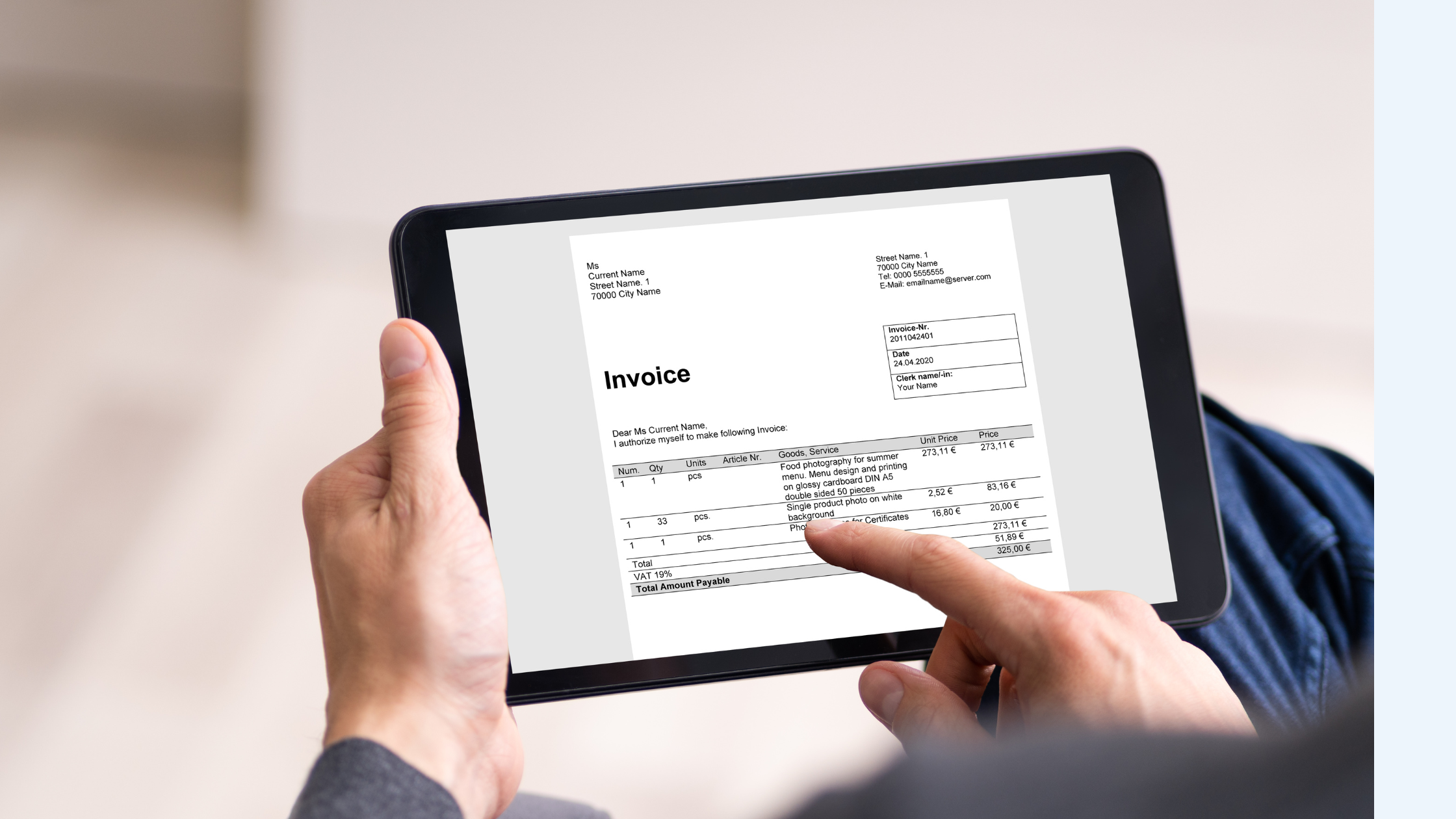Why Small Business Should Consider Invoice Factoring

Small businesses are the backbone of the American economy, as 66% (12.9 million) of jobs created in the last 25 years have come from small businesses. There were only 6.7 million net job additions from large businesses in the same period.
Despite this, small businesses still find it challenging to access the finance that can help them grow and contribute even more to the economy. That’s where invoice factoring comes in.
Small businesses can quickly access cash by selling their unpaid invoices to a factor. The third party collects the invoice and pays the third party a portion of the value immediately and the remainder after receipt of payment from the client.
This article discusses how invoice factoring works and how it can help your business thrive and grow.
How Does Invoice Factoring Work?
Invoice factoring is the sale of a business’s unpaid invoices to a third party at a discount – usually between 1-5% – for immediate cash.
The invoice factoring process begins with you doing a job for your client. Let’s assume your client is the government. Before government invoice factoring, you deliver the goods or service and provide an invoice for the amount due, which your client agrees to pay in a specified time.
If you need the money faster, you approach a factoring company that purchases your outstanding invoices from the government at a discount (usually 70-80% of the value of the invoice) in exchange for immediate payment.
Usually, the factoring company would vet your client’s creditworthiness before purchasing your invoice. You will receive your advance only after your client has passed the vetting process. Since our example deals with a government client, their creditworthiness will rarely be an issue.
After receiving your advance, you can use the money to boost your company’s growth and profitability. This may include paying suppliers or employee salaries, hiring new employees, buying new equipment, advertising your products or services, or expanding operations into new markets.
The factoring company acquires the liability of collecting the invoice from your client. Then they will deduct a fee to cover the interest of the loan and any other costs before paying the balance to you.

Benefits of Invoice Factoring for Small Businesses
1. Faster Access to Funds
After factoring government receivables, it typically takes 24 hours to 2 days to access the cash you need to run and grow your business. You can then use the money to grow your client base, expand into new markets, or invest in new technology that will boost productivity or efficiency.
2. The Creditworthiness is Irrelevant
Most times, small business owners cannot access financing because they don’t have a good credit history, don’t have a sufficient amount of collateral for a loan, or have poor cash flow management.
Fortunately, invoice financing focuses on the creditworthiness of the business’s client. And if your client is the government, their creditworthiness will check out.
3. Improves Cash Flow Management
Selling your unpaid invoices to the factoring company improves your cash flow management. Cash flow is the balance between the money flowing in and out of your business, and factoring balances out your cash flow effectively.
As a result, you have more money to expand your business operations without worrying about covering your expenses.
4. There’s is Little to No Paperwork Involved
Compared to other financing types, invoice financing requires less paperwork. The creditworthiness of your client usually determines your eligibility. Once approved, you’ll receive your funds within 24 hours to 2 days.
5. It is Not a Debt
Debts are considered necessary evils that you need to grow your small business. The word makes many business owners uncomfortable, but debt can be a valuable tool for your business growth if you can pay your debts on time. Thanks to invoice factoring, you don’t incur debt. It is a sale of an asset: your unpaid invoices.
6. You Can Spend the Money However You Like
Unlike traditional lenders, factoring companies don’t dictate how you use the advance on accounts receivable. Other forms of lending restrict how much money you can spend and require receipts to prove funds were spent as per the agreement.
But with invoice financing, you can spend the money whenever and wherever it’s most beneficial to your business. You decide whether you need supplies, payroll coverage, or assets and equipment.
7. You Don’t Have to Follow-up Outstanding Invoices
You are shifting liability when you sell your invoice to a factoring company. The factor has to follow up with your client to ensure they pay for the invoice. Many business owners are happy to offload this responsibility to focus on growing their businesses and generating more revenue through sales and other marketing activities.
However, the factoring company may charge additional fees if your client doesn’t pay the invoice due or a check bounces.
What to Consider Before Choosing a Factoring Company
If you have decided invoice factoring is a good fit for your business, the next step is to choose a company to work with. Before selecting a factoring company, consider their:
- Industry expertise: A company should have experience with businesses in your industry to understand your needs and better tailor their services to you. Partnering with a company that understands your industry and business will ensure a smooth process.
- Advance rate: The size of the invoice determines the amount that factoring companies advance borrowers. Work with a factoring company that allows you access to as high a percentage as possible.
- Ability to provide funds quickly: A good factoring company can provide the cash you need in 24 hours or two days. So if you need quick access to money, ensure your prospective partner can meet that need without slowing you down.
- Renewal process: The process for factoring additional invoices should be quick and easy once you’ve been approved for factoring by a factoring company.
- Pricing: Ask for pricing details and compare quotes before choosing a provider to work with.
Conclusion
Factoring is essential for small businesses to get paid faster and improve cash flow management. The process allows you to borrow against your outstanding invoices to grow your enterprise without the cost and bureaucratic hassles of taking out loans or other forms of financing.
Factoring companies will lend you funds if your invoices and clients are in good standing with them, allowing you to improve cash flow, expand operations, and grow your business.




